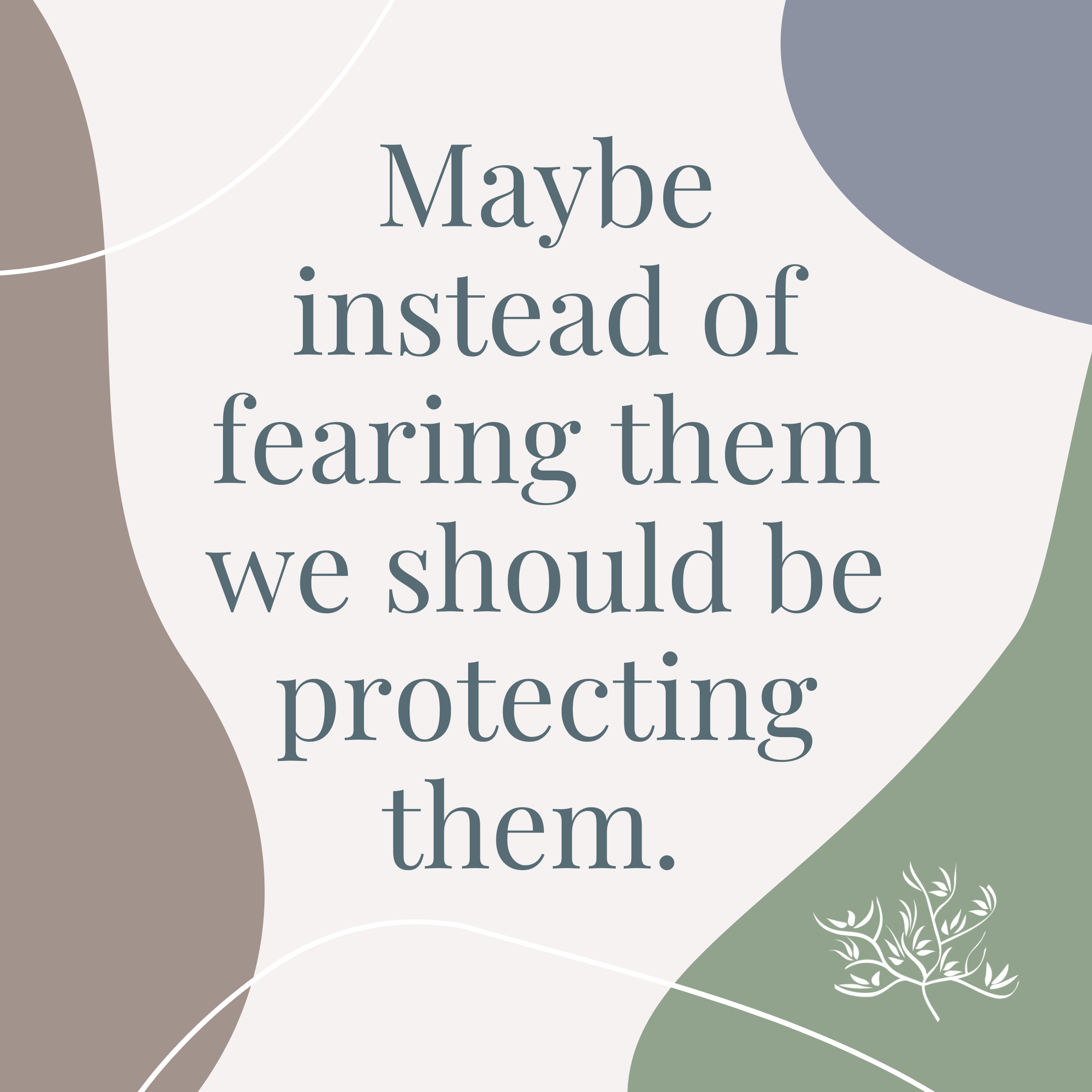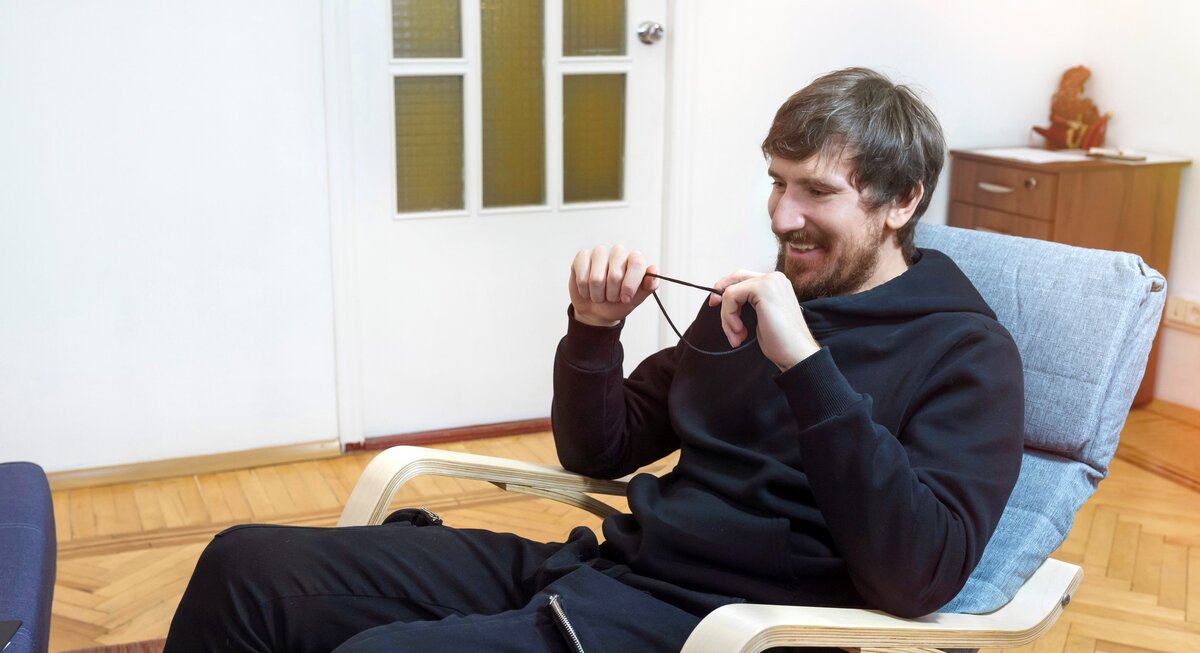
What Is Normal Anyways?
Photo from Getty images
Originally Posted On: Does It Make Sense to Call Anyone Normal? – Sage Neuroscience Center (sageclinic.org)
In the scientific method, testing is required to see if a hypothesis is sound or not. As such, in testing one’s hypothesis, a control is used to measure the rest of the variables against in order to come up with meaningful data. This is something most all of us learn in school in science class.
But do people work in that way? Is there a “control” or “norm” subject and the rest of us are just variables of that one, shining specimen? The answer is simply “no” and to suggest “normal” is anything other than a setting on a washing machine can be potentially dangerous to one’s mental well-being and health.
Let’s break it down:
What Makes Someone “Normal”?
 Photo from Getty images
Photo from Getty images
In psychiatric or psychological sciences, “normal” is generally not considered a useful term. Instead, these fields prefer terms such as “typical” or “standard” for use in any given experiment. Words like “standard” or “typical” don’t carry the weight of cultural norms. In fact, the words seem more clean, more sterile, and less judgmental. The word “normal,” however, carries it with certain connotations. It is more rooted in society’s stigmas, especially in the realm of mental health. Basically, what this means is that the word “normal” or “norms” was co-opted from science to describe human behavior and is synonymous, wrongly, with “strange” or someone to be avoided.
“Normal” as a phrase is a subjective opinion – it might be “normal” for one person to put their socks on before putting on their pants, but another person might view that as completely strange behavior; ultimately, neither person is wrong in their method but rather just different.
A person with anxiety is not an “anxious person” but rather has a condition of anxiety that expresses itself when certain conditions are introduced to the person (a closed-in room, a ticking clock, a large social gathering, et cetera). They are not abnormal or not themselves as a result of their condition – they are still very much a person of value.
The Stigma of Mental Health
Mental health has received a number of negative and erroneous stigmas over the years, especially in the early 1800s when asylums were popular and praised. This praise was misguided as they were engaging, in reality, in inhuman conditions, treatments, and tests conducted on patients.
Women were especially targeted and admitted into various “insane asylums” for things such as “novel reading”, “tobacco and masturbation”, or “bad company”. “Hysteria,” which was derived from the Greek word “hystera” (“uterus” in English), was often the overall diagnosis; the aforementioned list, as well as many other seemingly innocuous practices, were seen as the exacerbating factors and evidence of the “hysteria” or “melancholia” of the patient.
Later on, to describe the condition of post-war trauma or combat Post Traumatic Stress Disorder (PTSD) in World War I soldiers, “hysteria” sounded too feminine for males, so it was given another name: “shell-shock”. The main purpose of both was to convey a sense of abnormal or derivative behavior. Other harmful names were given to those with mental health difficulties such as “insane”, “crazy”, etc., which societally made those terms synonymous with “dangerous” and those who should be avoided/shunned.
Check out The History of Hysteria by YouTuber Jessica Kellgren-Fozard
Mental Illness in Today’s Society
 Photo from Getty images
Photo from Getty images
Even today, those with mental health diagnoses are given a wide berth by other people in society thanks in large part to the stigmas imposed in previous years. As a result, many people have missed out on job opportunities, social relationships, or other positive interactions because of this stigma, which further exacerbates the underlying condition from which that person suffers.
There is no “normal” but rather a “natural” way an individual person is and outside stressors or conditions that contribute to that person’s thoughts or actions. A person can have schizophrenia as a diagnosis, for example, but it does not make that person their condition as it is not the whole of their being.
However, lack of awareness, proper education, public perception, and a fear of people with mental illness can all lead to increased stigma and even discrimination. Many people avoid seeing a therapist for fear of being seen as “crazy”.
And, other stereotypes exist that also prevent individuals from seeking the help they need. Another is the misconception that people with mental illness are dangerous or violent. Even though only a small number of individuals living with a mental illness actually commit violent acts they are actually 10 times more likely to be the victim of a crime.

Maybe instead of fearing them we should be protecting them.
A Light at the End of the Tunnel
Thankfully, today, mental health science has progressed in such a way that people with PTSD, anxiety, schizophrenia, or depression are not labeled “abnormal” by medical doctors because of their conditions but rather given help as an individual person with their condition in mind.
Hopefully one day society at-large will catch up and treat people as individuals and not in terms such as “normal” or “abnormal” based upon social stigmas of mental health based from a rather barbaric time in psychological history.
It’s important we work on creating and sharing reliable information on mental health conditions to help educate and increase knowledge around mental health and treatment.
Find Healthcare That Considers Your Individual Needs
 Photo from Getty images
Photo from Getty images
At Sage Neuroscience Center, we strive daily to not treat the diagnosis/mental illness associated with the person but rather the person as a whole. We want each of our patients to be in an empathetic and productive atmosphere. Erasing words like “normal” from the lexicon and simply trying to find a “natural” state of being promotes the most happiness for the patient and their loved ones in tandem.
When deciding the best-method therapy and medication for an individual, Sage works to place importance on treating the person as a whole. We want you to reach your individual goals, so we first have to understand what those goals are. We are here to help you, the individual person, as opposed to focusing on just the diagnosis.
If you or someone in your life has been saddled with the erroneous label of “abnormal,” call us to learn how we can help. We are a multidisciplinary clinic and we will work to find the right fit for you. Please call or start with our Online New Patient Interest Form.
Remember, you’re not alone.
